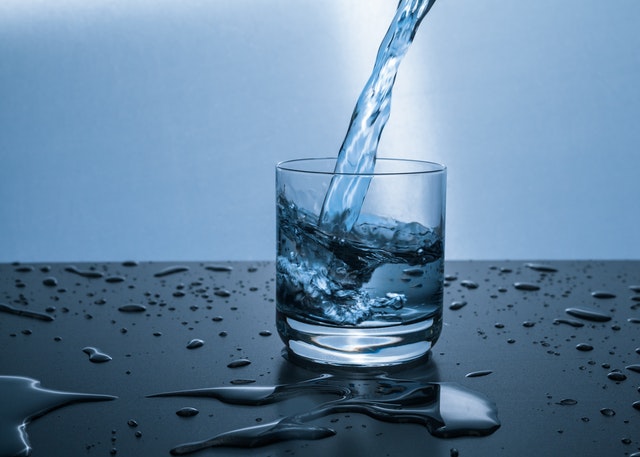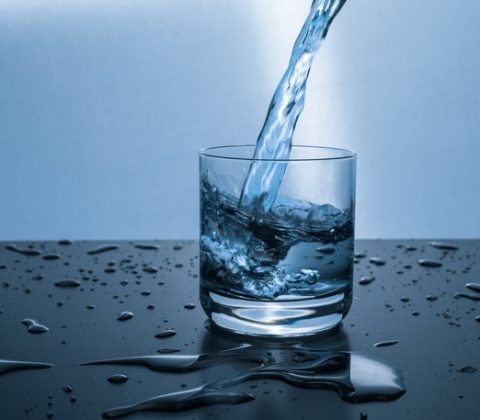

How much Water should I drink each day?
A simple question with no easy answer: How much water should I drink each day?
Studies produced a lot of recommendations when it comes to a number of glasses needed each day. But things varied from every individual’s activity and health factors. No single formula fits everyone. Knowing your body’s need for fluids will help you estimate how much water you’re needed each day.
Water is important in our body other than food. You can’t survive for a long day activity without drinking enough glasses of water.
It is your body’s principal chemical component that makes up about 60 percent of your body weight. Your body’s cell, tissue, and organs need water to function properly. It depends on water to survive, for example:
· Gets rid of body’s wastes through perspiration, urination and bowel movement
· Keeps your body temperature normal
· Lubricates and cushions joints
· Protects sensitive tissues and internal organs
Lack of water will result in dehydration – a condition that occurs when there’s not enough water in your body. Lack of body fluids can drain your energy and make you feel tired.
For your body to function properly, you need to replenish more water supplies by consuming beverages and foods that contain water. About 20 percent of your daily fluid intake comes from some food and the rest are from drinks.
I’m sure you’ve heard the advice, “Drink eight-ounce glasses of water a day”. That is easy to remember and a reasonable goal to achieve.
Most healthy people can stay hydrated by drinking more water and other fluids whenever they feel thirsty. But for some people, fewer than eight glasses a day is enough to stay active.
You might need to modify your fluid intake based on several factors, such as:
· Exercise. If you do an activity that makes you sweat, you need to drink plenty of water to cover the fluid that you’ve lost. It’s important to drink more water before, during and after your workout. If you exercise intensely, a sports drink can replace the lost minerals in your blood.
· Environment. Weather is another factor that affects the loss of fluids in our body. It can make you sweat and requires additional fluid intake. Dehydration also occurs in high altitudes.
· Overall Health. Your body loses fluids when you are suffering from fever, vomiting, and diarrhea. You have to drink more water or follow a doctor’s recommendation to drink oral re-hydration solutions. There are also other conditions that require increased of fluid intake that includes; bladder infections and urinary tract stones.
· Pregnancy or breastfeeding. Women who are pregnant or breastfeeding need an additional fluid to stay hydrated all the time. The office of Women’s Health recommends that pregnant women need to drink about ten cups or 2.4 liters of fluids in a day and women who breastfeed should consume about thirteen cups or at least 3.1 liters of fluids in a day.
A doctor or a registered dietitian can help you determine the right amount of water you need to take every day. To prevent dehydration and to make sure your body has enough fluids it needs, makes water your choice of beverage. It is also a good idea to drink a glass of water or other beverages every meal or between meals, to keep re-hydrated.
Pedro Jacobs writes for several outlets and blogs covering topics including credit score building services at creditglory.com and web development at medium.com.
Comments are Disabled